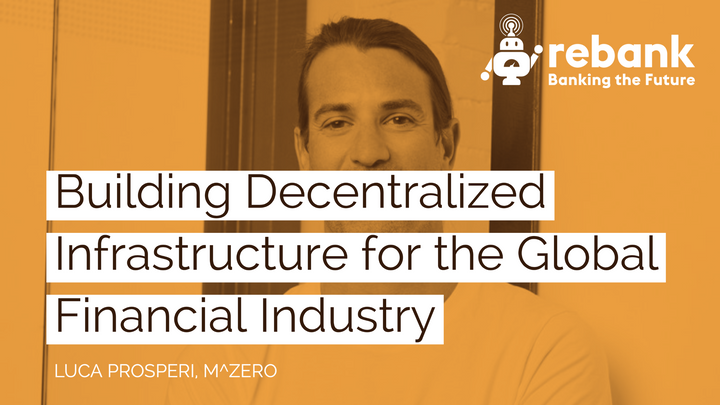Roboadvisory is not a product, it’s a feature

Over the holiday weekend, I mulled over the latest developments in the roboadvisory space and considered what they mean for the future of the industry.
The music keeps playing
Canadian roboadvisor Wealthsimple raised $75 million from Allianz’s digital investments arm in “a great step” toward the company’s future IPO, according to its CEO.
If Uber and WeWork can IPO, anybody can. However, optimistic as we entrepreneurs may be, roboadvisors don’t yet seem like public markets darlings. Not a single robo has proven the model on a stand alone basis (more below). While it’s great to see continued activity in the space, we’re miles away from talking about IPOs.
The most successful early players like Betterment are branching out into other financial services to support the economics of their businesses. Hopefully, that's what Wealthsimple will do with its new money.
CAC for roboadvisors is pretty uniform across geographies at $500-$1,000. However, the cost of mainstream customer acquisition is actually much higher. People that understand investing and technology opt into robos fairly easily and bring down the average cost of acquisition. Assuming two-thirds of early robo customers are experienced investors puts the cost of actually enticing, educating and converting investing newbies closer to $3,000. Robos like Scalable are maligned for recreating the same complex investing dashboards that have long turned Joe Public off on investing, but the reality of the economics means that sub scale, it’s better business to cater to the financially savvy.
Goodbye to Investec's robo offering
In a reality check for the roboadvisory industry, Investec just shuttered its Click & Invest offering following two years of losses.
According to the FT: "In the annual results of the company, released to the stock market this morning (16 May), the company said Click & Invest lost £12.8m in the year to the end of March 2019, having lost £13.5m in the year to the end of March 2018.
The company has taken a write-down of £6m on the capitalised value of the software operated by Click & Invest, taking total losses to about £32m in two years.”
Those aren’t irrelevant losses, but they only represent 15% of Investec’s Wealth & Investment division’s operating profit and less than 2% of the firm's total operating profit. Investec’s digital foray clearly wasn’t of strategic importance to them.
Interestingly, Click & Invest’s 2019 losses are nearly identical to Nutmeg’s most recent annual figure. The same Nutmeg that initially raised strategic investment from Schroders and then didn’t anymore. Oops. Hello, Goldman the opportunist.
Monzo, by contrast, had operating losses of £33m in 2018 alone (year ending 28 March 2018), and we shouldn’t be surprised if they’re significantly higher in 2019 as the company scales.
Investec is in the business of making informed investment decisions, and they had complete information about Click & Invests’s growth rates, so they will (hopefully) have made the right call as a public company with the various resource and opportunity constraints they have. However, Investec is clearly not a VC-backed disruptor seeking scale, or they wouldn’t have batted an eye at C&I's early financial performance.
What does it all mean?
The Wealthsimple and C&I developments are great foils. There are so many takeaways:
- Private market funders are more forgiving than public market funders (see, Lyft and Uber). Startups and IPO bankers still believe the latter can be flogged anything, regardless of the financial performance. They're wrong.
- This is a great, concrete example of the power of the longer time horizons enjoyed by private investors over the short-termism exhibited by public markets investors. I worry the latter is the driver of Investec’s decision to shutter its robo offering instead of doubling down on digital. Will they regret this decision
- Investec is moving into business banking in the UK, having been working on a digitally-enabled offering for the past three years and recently winning an RBS grant. If they’re shifting strategic capacity away from retail robo toward digital business banking, that’s a good move.
However, the most important takeaway from these beautifully choreographed developments is that robo is not a product, it’s a feature. Robo can’t replace the revenues that Investec’s private wealth business will lose over the coming years. Fees are minuscule and differentiation is difficult. The volumes required to make money in robo make it a prime candidate for B2B2C, plugging into stand-alone-profitable fintech offerings like lending or existing consumer offerings from big tech and being distributed for free. Robo can’t replace high-fee wealth management. So, if you’re Investec, what will?
To receive our writing in your inbox, subscribe to our newsletter.


